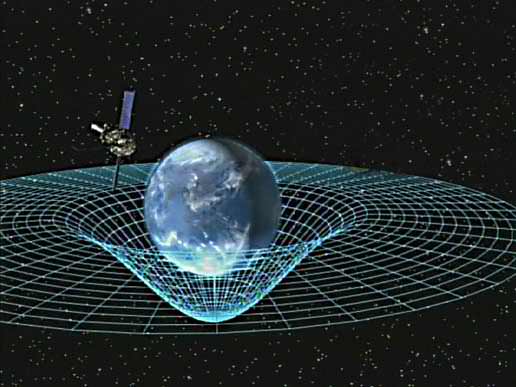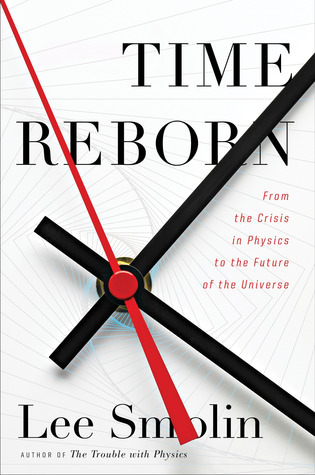Time Reborn: From the Crisis of Physics to the Future of the Universe is one of those books intended to provoke discussion. Right from the first pages, author Lee Smolin — a Canadian theoretical physicist who also teaches philosophy — puts forward a position: time is real, and not an illusion of the human experience (as other physicists try to argue).
Smolin, in fact, uses that concept of time as a basis for human free will. If time is real, he writes, this is the result: “Novelty is real. We can create, with our imagination, outcomes not computable from knowledge of the present.”
Physics as philosophy. A powerful statement to make in the opening parts of the book. The only challenge is understanding the rest of it.
Smolin advertises his book as open to the general reader who has no background in physics or mathematics, promising that there aren’t even equations to worry about. He also breaks up the involved explanations with wry observations of fatherhood, or by bringing up anecdotes from his past.

It works, but you need to be patient. Theoretical physics is so far outside of the everyday that at times it took me (with education focusing on journalism and space policy, admittedly) two or three readings of the same passage to understand what was going on.
But as I took my time, a whole world opened up to me.
I found myself understanding more about Einstein’s special and general relativity than I did in readings during high school and university. The book also made me think differently about cosmology (the nature of the universe), especially in relation to biological laws.
While the book is enjoyable, it is probably best not to read it in isolation as it is a positional one — a book that gathers information scientifically and analytically, to be sure, but one that does not have a neutral point of view to the conclusions.
We’d recommend picking up other books such as the classic A Brief History of Time (by physicist Stephen Hawking) to learn more about the universe, and how other scientists see time work.

